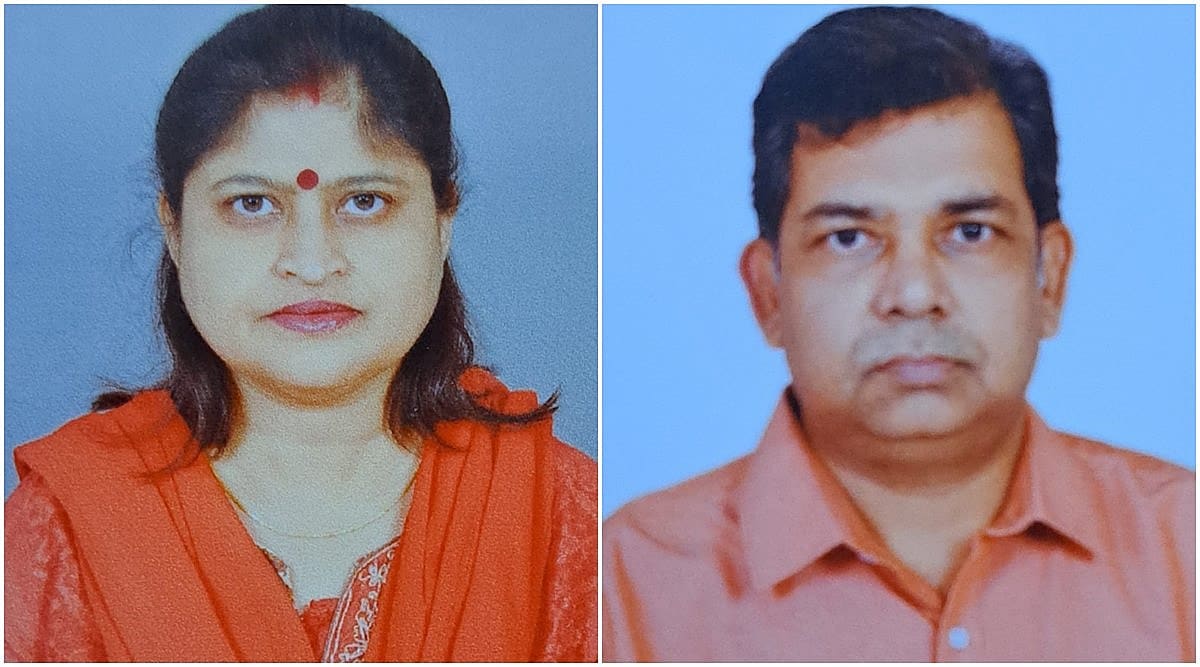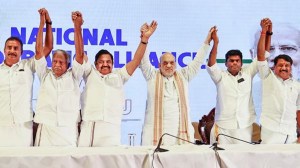Recognising that Patna has a waste management problem, and that the Covid-19 pandemic has exacerbated the issue, two academics have conducted a study and released a book that not only raises the alarm, but also offers suggestions for Bihar’s capital city.

“We found to our dismay that only the Indira Gandhi Institute of Medical Sciences has an incinerator to burn medical waste (in Patna). Though the hospital offers this service to other hospitals for a charge, seldom does any government or private hospital use it. It is a common perception that domestic waste is the main problem, but medical and plastic waste is a much bigger threat,” they told The Indian Express.
According to them, even though the Covid-19 pandemic had initially brought about behavioural changes among people regarding sanitation, recently, a reversal of these changes has been observed. They said that the medical waste generated during the pandemic has also caused major issues.
“The Covid pandemic has further complicated the problem in Patna and is creating a parallel pandemic like situation,” they wrote, pointing to un-incinerated medical waste disposed openly near human habitations.
“The Covid pandemic requires renewed efforts to comprehend discard. While we kept battling the pandemic, we kept creating so much waste,” they added.
The authors, Papia Raj and Aditya Raj, who are also married to each other, focussed their study on an urban area covering a population of 25 lakh. The city produces around 1,200 tonnes of waste per day.
Story continues below this ad
When looking for a solution to the city’s garbage problem, the authors said it was important to learn from the cleanliness drive carried out during the four-day Chhath festival in October-November.
“Chhath puja conveys a totally different scenario in Patna. The streets are neat and clean. Production or disposal of waste is done with utmost care. During the build up to this festival, celebrated six days after Diwali, behaviour pattern and attitude of residents, governance, and other stakeholders are seen to have totally changed. People seem to care for their locality,” they said.
Such a change in attitude has the potential to change people’s behavioural patterns and can have a positive impact on the proper disposal of waste, not just in Patna, but in other places that may also be struggling with similar issues, they said. They also suggested programmes supported by local communities and authorities to raise awareness about waste disposal.
“We feel modern in criticising our traditions. Even those traditional practices which made us live in rhythm with Mother Nature, appreciating our people and our products. Earlier, the community of practice meant the cosmos to its members. We have opened up and the whole globe is attested to be our home. While we proudly claim to be living in the global village, we do not know our neighbours. We do not bother to know either. Neither are we concerned about our neighbourhood. We dispose of what we do not need, at will, without care or concern. Our practices have started to bite us. We need to change. We need to respect even our discard,” they wrote.
Story continues below this ad
The authors also suggested that the government should encourage ventures in the discard business. “In Bihar, we do not have business ventures dealing with discard. Whatever is collected, starting from door-to-door collection, is processed and sent to places like Gujarat for recycling,” they said.
The IIT study said that because there aren’t many industries in Patna, a large portion of the waste is generated from households, hotels, resorts, restaurants, and other businesses.
“Segregation of waste is not the only solution, but dealing with the waste at its source could provide the solution. The ongoing Swachh Bharat Abhiyan is one way to deal with it, but our long lasting solution is involvement of the community,” Papia Raj and Aditya Raj said.









